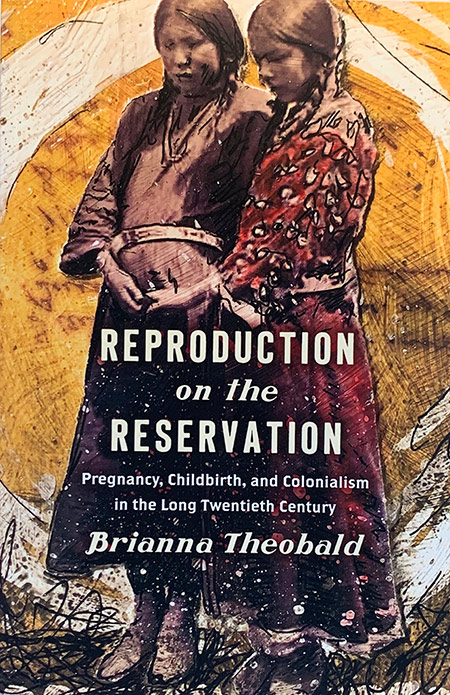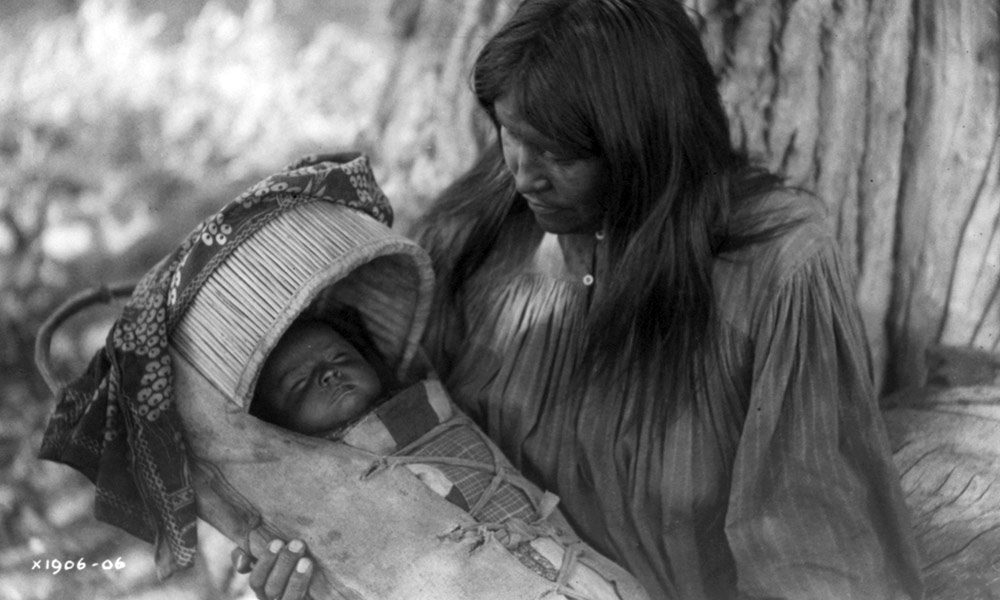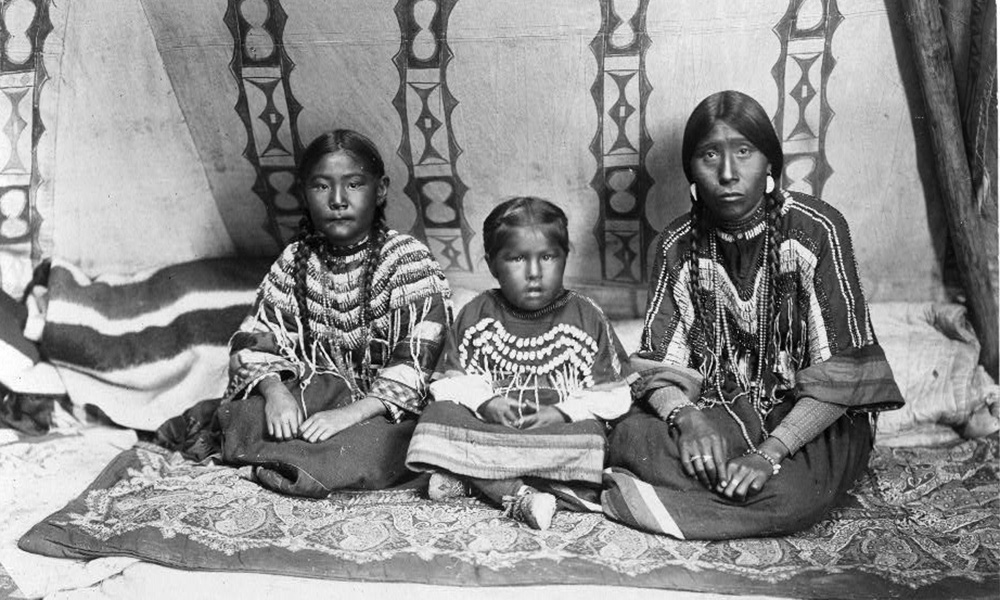University of Rochester history professor wins two prizes for her first book.
Brianna Theobald, an assistant professor of history at the University of Rochester has won two awards for her first book, Reproduction on the Reservation: Pregnancy, Childbirth, and Colonialism in the Long Twentieth Century (University of North Carolina Press, 2019). She is the recipient of the John C. Ewers Award from the Western History Association and the Armitage-Jameson Prize from the Coalition for Western Women’s History.

Named after the late American ethnologist and museum curator who was instrumental in establishing the National Museum of American History, the John C. Ewers award is given annually for the best published book on the North American Indian ethnohistory, including Mexico.
The Coalition for Western Women’s History awards the Armitage-Jameson Prize annually for an outstanding monograph or edited volume, published in the history of western women, gender, and sexuality. The prize is named in honor of Susan Armitage and Elizabeth Jameson for their pioneering work in the field of western women’s history, which includes the geographic regions of Canada and Mexico, as well as U.S. territories, past and present.
Reproduction on the Reservation traces the history of reproductive health care and reproductive politics on reservations during the last century, including the notorious sterilizations that occurred in the 1970s when US doctors sterilized an estimated 25 to 42 percent of Native American women of childbearing age, some as young as 15.
Even the lower estimate—one quarter of Native women—is a mind-boggling statistic. The sterilizations, subsidized by the federal government and often performed without consent or under great duress, marked the culmination of a long history of efforts by federal and local authorities to manage the reproductive lives of Native families, explains Theobald:
“The federal government and local authorities have long tried to control indigenous families and women’s reproduction, using tactics such as coercive sterilization and the removal of indigenous children into the white foster care system.”
Theobald’s book traces those efforts, but also the response from Native Americans themselves—“widespread activism across Indian country” that arose as a direct consequence of federal reproductive policies.
 She finds that, while essentially colonial in their approach, federal policies regarding Native women’s reproductive decisions were carried out unevenly in the early 20th century, hinging largely on local conditions and actual enforcement on the ground.
She finds that, while essentially colonial in their approach, federal policies regarding Native women’s reproductive decisions were carried out unevenly in the early 20th century, hinging largely on local conditions and actual enforcement on the ground.
“The implementation, or lack thereof, of reproduction-related policies was shaped by local conditions, the availability of resources, the whims of individual employees—and perhaps most significantly, Native response and engagement,” says Theobald.
Elaine Nelson, an assistant professor of history at the University of Kansas and the executive director of the Western History Association, says the award committee members were “extremely impressed with the originality” of the book, “its scope, and its significant contribution to the field of North American Indian ethnohistory.”
The monograph “stood out for its analysis of wide-ranging archives and testimonies, and for its critical insights about Native women’s reproductive histories and ongoing activism,” writes Katrina Jagodinsky, an associate professor of history at the University of Nebraska-Lincoln, who chaired this year’s prize committee for the Coalition for Western Women’s History.
As a long-time member of the Western History Association and the Coalition for Western Women’s History, Theobald says “it’s an honor to have my work recognized by them in this way.
Laura Smoller, professor and chair of the Rochester Department of History, calls the monograph “historical research and writing at its finest.”
“Her path-breaking work on reproduction and childbearing by Native American women challenges existing categories and eschews reductionist interpretations, all in accessible, beautifully crafted prose,” says Smoller.
“While Theobald does not shy away from the larger social and political implications of her research, what she presents above all are the deeply human stories of women, like Susie Yellowtail, who exerted their own agency in the face of what she—like the Native activists with whom she begins her book—readily labels ‘settler colonialism.’ Theobald’s keen sense of the way in which writing history and telling people’s stories can itself also be empowering shines throughout the book, from the cover illustration by a Crow artist, to the fact that she literally gives the last word to a Crow woman, a descendant of Susie Yellowtail,” Smoller adds.
Because of Covid-19 both prizes are awarded virtually. Writing the book, Theobald received grant funding from Smith College, the Western Association of Women’s Historians, the Western History Association, the Coalition for Western Women’s History, the American Historical Association, and the Charles Redd Center.
Read more
 Native Americans, government authorities, and reproductive politics
Native Americans, government authorities, and reproductive politicsIn her new book, Brianna Theobald traces the long history of efforts by federal and local authorities to manage the reproductive lives of Native families.
 Detained migrants susceptible to a range of reproductive abuses and medical neglect
Detained migrants susceptible to a range of reproductive abuses and medical neglectThe history of eugenics in the US leaves today’s migrant women vulnerable, argues University of Rochester history professor Brianna Theobald in a Washington Post “Made by History” op-ed.





